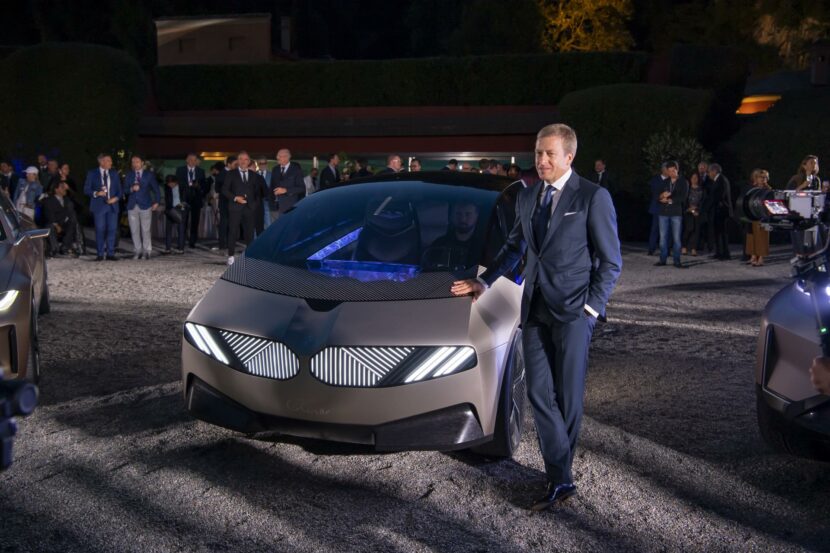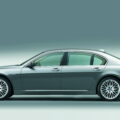BMW never misses an opportunity to shout at the top of its lungs about how forcing people into EVs isn’t feasible. Consequently, the luxury brand argues the demise of internal combustion engines shouldn’t be rushed. At the ongoing Paris Motor Show, the company’s CEO warned of a potential disaster for the car industry if the EU’s 2035 ban remains in place.
Oliver Zipse projects “a massive shrinking of the industry as a whole” if automakers will be forced to sell only EVs. BMW’s boss mentions a sales ban on new ICEs from 2035 “threatens the European automotive industry in its heart.” The top brass argues keeping gas cars would help automakers reduce their dependency on battery suppliers from China.

We should point out that the EU won’t explicitly ban sales of new cars with gasoline or diesel engines. The regulation impacts vehicles that generate harmful emissions. In other words, ICE-powered cars could theoretically stick around after 2035 as long as they run on carbon-neutral fuel. That leaves the door open for companies to develop vehicles with combustion engines that run on synthetic fuel or hydrogen. However, the refueling infrastructure is currently inexistent for synthetic fuels made in a lab. As for hydrogen stations, roughly 1,000 are available globally, so a lot would have to change in only 10 years.
The BMW Group (including MINI and Rolls-Royce) estimates only 50% of its annual sales will be represented by EVs at the end of this decade. That’s still considerably more than in 2023 when just 14.7% of cars delivered by the Group didn’t have combustion engines. Both British brands will go purely electric around 2030. BMW has not set an end date for gasoline engines but diesels will likely die much sooner.
Well before 2035, BMW and all the other automakers active in Europe will have to face a different obstacle. Fleet emissions targets will get tighter next year by going down from 106.6 g/km to 95 g/km. If a company doesn’t move enough EVs to offset its ICE sales, it risks huge fines. Bloomberg cites a draft document from the European Automobile Manufacturers Association (ACEA) saying combined fines could reach €13 billion ($14.1 billion).
Source: Automotive News Europe





















































